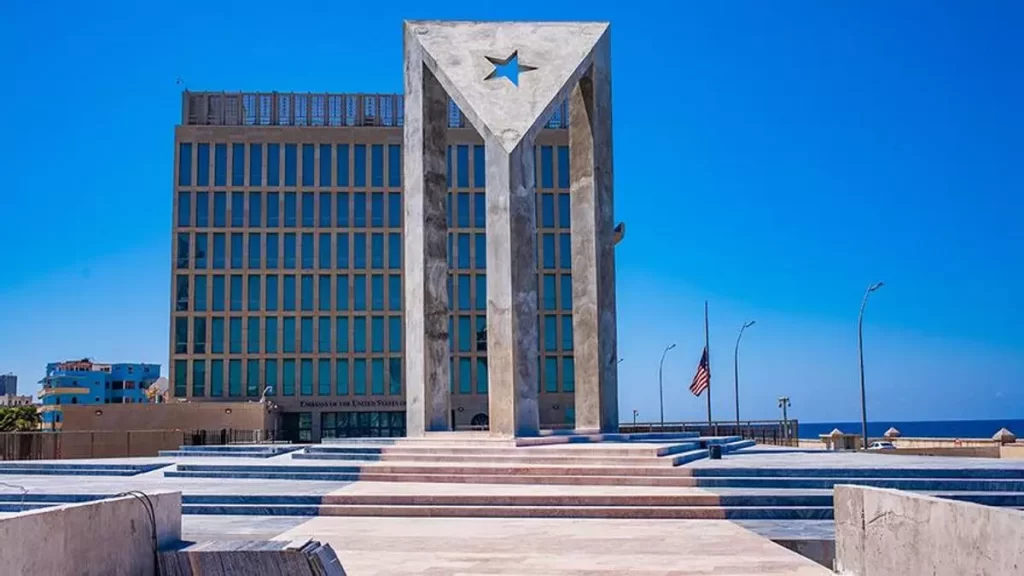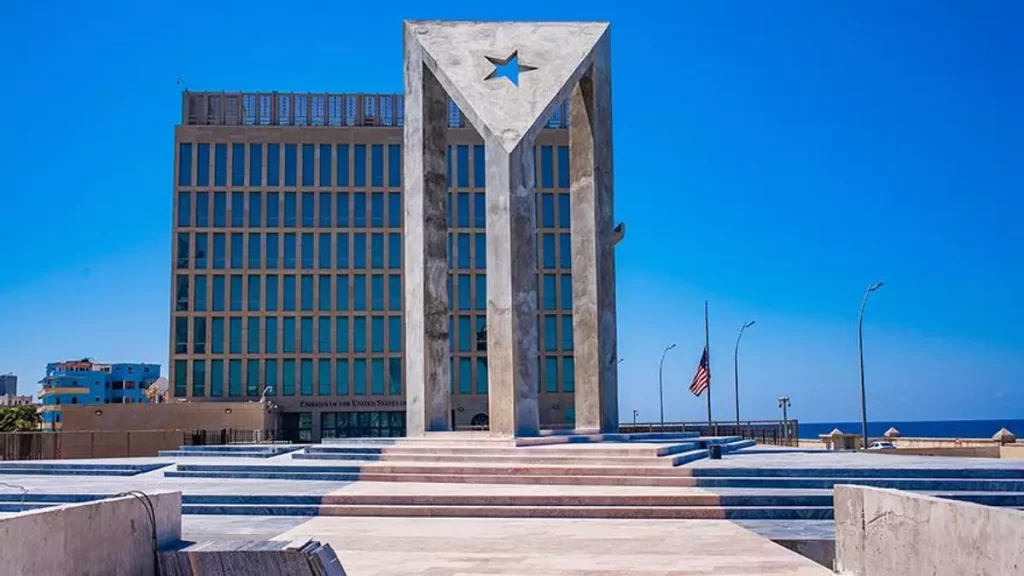The main event of the International Workers’ Day will not be held at the Plaza de la Revolución to save on fuel

14ymedio, Madrid, 15 April 2024 — The celebration of May 1, international workers’ day, once again dispenses with what was its usual venue for decades and moves to the Anti-imperialist Platform in Havana. The news was given by Ulises Guilarte de Nacimiento, general secretary of the Cuban Workers’ Union (CTC) this Sunday, who pointed out fuel savings as the reason for moving the event.
He indicated that, “There, we will ratify that the Cuban working class will continue to pay particular attention to everything related to the recovery of the economy, efficiently taking advantage of the resources we have to increase the supply of goods and services, as a way to rescue the purchasing power of salaries and pensions.”
The leader of the CTC, also a member of the political bureau of the Communist Party, explained that the intention this year is to celebrate the date “with gatherings in squares, towns and work centers that do not require massive use of transportation”. For this central event in Havana, the authorities are counting on the assistance of 200,000 workers and their families, residents of the municipalities of Plaza, Old Havana, Centro Habana, Cerro and the closest areas of Playa.
The CTC leader explained that the intention this year is to celebrate the date “with gatherings in squares, towns and work centers that do not require massive use of transportation.”
“This is another scenario in which we have demonstrated the spirit of unity, rebellion and struggle of the Cuban Revolution,” he stressed in relation to the location of an event which, in most countries of the world, serves for workers to demand from Governments the labor rights that they do not yet enjoy.
This is the second consecutive year in which the authorities renounce the traditional celebration at the Plaza de la Revolución for economic reasons, after last year’s event transformed into a march along the Malecón and small events in other municipalities and cities. On that occasion, Guilarte de Nacimiento attributed it to “the complex economic situation (…) and, in parti


